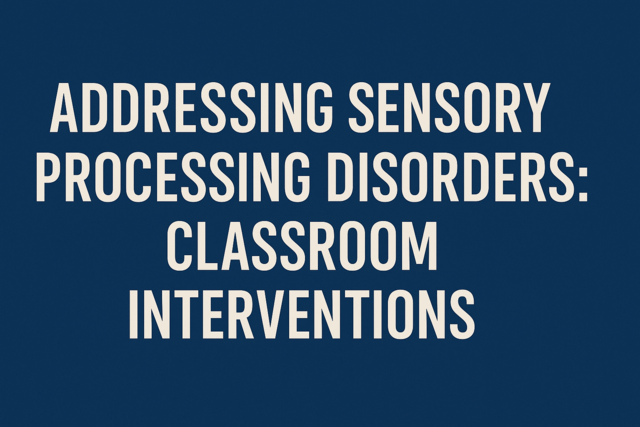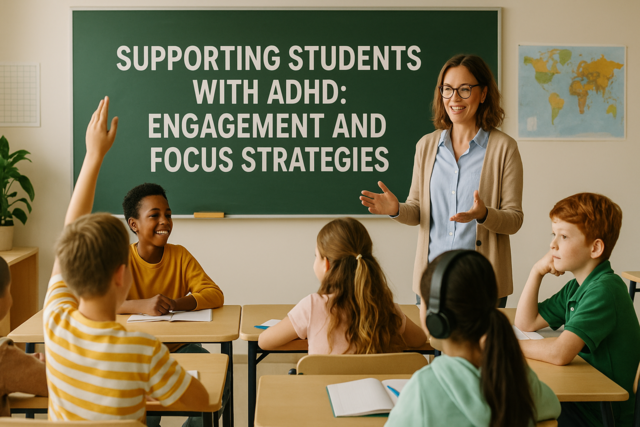Online Class: Recognizing and Supporting Gifted Students with Disabilities

-
15Lessons
-
22Exams &
Assignments -
5Hours
average time -
0.5CEUs
Course Description
Imagine being an educator standing at the crossroads of potential and challenge, where the extraordinary meets the unexpected. Welcome to "Recognizing and Supporting Gifted Students with Disabilities," a groundbreaking journey into the heart of twice-exceptionality. This is not just another course; it's an awakening—a call to transform education by illuminating the hidden gems among us who straddle the line between giftedness and learning disabilities.
Twice-exceptional students, often abbreviated as 2e, bring unmatched brilliance and unique challenges to the fore, blending their pronounced abilities with learning obstacles that subtly mask their potential. As we dive deep into their world, we redefine traditional educational narratives, embarking on a voyage to decode the labyrinth of abilities and challenges that characterize 2e students. This course is your compass and guide, unlocking new horizons in understanding and nurturing these remarkable minds.
Here, you won't just learn about twice-exceptionality—you will live it. By immersing in this dynamic and engaging course, you'll realize how twice-exceptional learners redefine the constructs of teaching and learning. The curriculum invites you to move beyond labels, to view students as complex, multidimensional individuals. These future pioneers stand at the intersection of talent and adversity, and with your newfound insight, you will become the advocate they need to embark on their educational journey.
You'll begin by delving into the paradox of twice-exceptionality, illuminating how we mistakenly perceive limitations where there are hidden strengths, and sometimes crafting obstacles out of opportunity. Through vivid narratives and real-world examples, this course paints a rich tapestry of student experiences, revealing that the dual nature of their abilities is not a hindrance but a wellspring of potential.
With each module, you will gain a holistic understanding of the mechanisms behind neurodiversity, demystifying the educational approaches needed to empower these students. From mastering universal design principles to utilizing cutting-edge assistive technologies, you will be equipped with practical tools and strategies that transcend traditional teaching methods. This is not just about adding skills to your teaching toolkit—it's about revolutionizing your educational philosophy.
Imagine standing in a classroom where every student feels seen and recognized. By decoding the intricate dance of dual exceptionality, you'll unleash a community-driven approach that champions collaboration among educators, parents, and specialists. You'll learn to craft Individualized Education Programs (IEPs) and work with 504 Plans that cater not just to the challenges but also to the gifts of 2e learners, enabling them to excel in an inclusive, adaptable, and nurturing environment.
Throughout this transformative experience, you will build a network of like-minded peers—individuals committed to reshaping education to foster true understanding and acceptance. Together, you'll celebrate the brilliant but often overlooked contributions of 2e students. This course is not just about changing the lives of students; it's about an evolution in the systems meant to support them.
"Recognizing and Supporting Gifted Students with Disabilities" is not just essential; it's a moral imperative for those passionate about inclusive education. Enroll today, and step into a realm where education is not confined by traditional boundaries but is expanded through innovation and empathy. Here, you will forge a legacy of inclusivity and empowerment for the twice-exceptional students who await an education that matches their extraordinary potential.
- Business
- Business Ethics Courses
- Harassment Prevention Courses
- Human Resources Certifications
- Management
- Aromatherapy Courses
- Caregiver Courses
- Career Development Courses
- Communications Courses
- Confidence and Self Esteem Courses
- Healing
- Human Anatomy Courses
- Medical Skills
- Health & Medicine
- Nutrition
- Marketing
- Microsoft Office Certification Courses
- Life Coaching Courses
- Self-Improvement
- Small Business Certifications
- Safety
- Writing Improvement
- Business Writing Courses
Course Lessons
Lesson 1. Navigating the Paradox of Giftedness and Disabilities in Education
 Review Practice Worksheet: Lesson-1-HomeWork-17585.pdf
Review Practice Worksheet: Lesson-1-HomeWork-17585.pdf Lesson discussions: Reasons for Taking this Course
Lesson discussions: Reasons for Taking this Course Complete: Lesson 1 Activity
Complete: Lesson 1 Activity Assessment: Lesson 1 Review Exam
Assessment: Lesson 1 Review Exam
Lesson 2. 2e Students: Bridging Talent and Challenge
 Review Practice Worksheet: Lesson-2-WordSearch-17587.pdf
Review Practice Worksheet: Lesson-2-WordSearch-17587.pdf Complete: Lesson 2 Activity
Complete: Lesson 2 Activity Assessment: Lesson 2 Review Exam
Assessment: Lesson 2 Review Exam
Lesson 3. Empowering Unique Minds: Harnessing Neurodiversity
 Review Practice Worksheet: Lesson-3-HomeWork-17589.pdf
Review Practice Worksheet: Lesson-3-HomeWork-17589.pdf Complete: Lesson 3 Activity
Complete: Lesson 3 Activity Assessment: Lesson 3 Review Exam
Assessment: Lesson 3 Review Exam
Lesson 4. Beyond Labels: Understanding the Complex Needs of Twice-Exceptional Students
 Review Practice Worksheet: Lesson-4-Activity-17591.pdf
Review Practice Worksheet: Lesson-4-Activity-17591.pdf Assessment: Lesson 4 Review Exam
Assessment: Lesson 4 Review Exam
Lesson 5. Empowering Twice-Exceptional Learners for Success
 Review Practice Worksheet: Lesson-5-Activity-17593.pdf
Review Practice Worksheet: Lesson-5-Activity-17593.pdf Assessment: Lesson 5 Review Exam
Assessment: Lesson 5 Review Exam
Lesson 6. Unlocking Hidden Potential: Supporting Twice-Exceptional Learners
 Review Practice Worksheet: Lesson-6-WordSearch-17595.pdf
Review Practice Worksheet: Lesson-6-WordSearch-17595.pdf Assessment: Lesson 6 Review Exam
Assessment: Lesson 6 Review Exam
Lesson 7. Tailoring Education for 2e Students
 Review Practice Worksheet: Lesson-7-Activity-17598.pdf
Review Practice Worksheet: Lesson-7-Activity-17598.pdf Complete: Lesson 7 Activity
Complete: Lesson 7 Activity Assessment: Lesson 7 Review Exam
Assessment: Lesson 7 Review Exam
Lesson 8. Understanding Dual Exceptionality: Masked Abilities Revealed
 Review Practice Worksheet: Lesson-8-Activity-17601.pdf
Review Practice Worksheet: Lesson-8-Activity-17601.pdf Complete: Lesson 8 Activity
Complete: Lesson 8 Activity Assessment: Lesson 8 Review Exam
Assessment: Lesson 8 Review Exam
Lesson 9. Exploring the Dual Nature of Twice-Exceptional Learners
 Review Practice Worksheet: Lesson-9-WorkSheet-17604.pdf
Review Practice Worksheet: Lesson-9-WorkSheet-17604.pdf Assessment: Lesson 9 Review Exam
Assessment: Lesson 9 Review Exam
Lesson 10. Twice-Exceptional: Unmasking Hidden Talents
 Review Practice Worksheet: Lesson-10-WorkSheet-17607.pdf
Review Practice Worksheet: Lesson-10-WorkSheet-17607.pdf Assessment: Lesson 10 Review Exam
Assessment: Lesson 10 Review Exam
Lesson 11. Gifted and Challenged: The Journey of 2e Students
 Review Practice Worksheet: Lesson-11-WordSearch-17610.pdf
Review Practice Worksheet: Lesson-11-WordSearch-17610.pdf Complete: Lesson 11 Activity
Complete: Lesson 11 Activity Assessment: Lesson 11 Review Exam
Assessment: Lesson 11 Review Exam
Lesson 12. Fostering Growth in Dual-Exceptional Learners
 Review Practice Worksheet: Lesson-12-WorkSheet-17613.pdf
Review Practice Worksheet: Lesson-12-WorkSheet-17613.pdf Complete: Lesson 12 Activity
Complete: Lesson 12 Activity Assessment: Lesson 12 Review Exam
Assessment: Lesson 12 Review Exam
Lesson 13. The Paradox of Twice-Exceptionality: Unveiling Hidden Strengths
 Review Practice Worksheet: Lesson-13-HomeWork-17616.pdf
Review Practice Worksheet: Lesson-13-HomeWork-17616.pdf Assessment: Lesson 13 Review Exam
Assessment: Lesson 13 Review Exam
Lesson 14. Navigating Twice-Exceptional Education: Challenges and Strategies
 Review Practice Worksheet: Lesson-14-WordSearch-17619.pdf
Review Practice Worksheet: Lesson-14-WordSearch-17619.pdf Assessment: Lesson 14 Review Exam
Assessment: Lesson 14 Review Exam
Lesson 15. 2e Students: Where Talent Meets Challenge
 Review Practice Worksheet: Lesson-15-WordSearch-17622.pdf
Review Practice Worksheet: Lesson-15-WordSearch-17622.pdf Lesson discussions: End of Course Poll; Course Comments
Lesson discussions: End of Course Poll; Course Comments Assessment: Lesson 15 Review Exam
Assessment: Lesson 15 Review Exam
Learning Outcomes
- Design instructional strategies to support twice-exceptional learners by applying differentiating techniques and evaluating the effectiveness of these strategies for academic and emotional growth.
- Define twice-exceptionality and identify characteristics of twice-exceptional learners, including strengths and challenges, using provided case studies.
- Analyze and evaluate the implementation of comprehensive assessments and differentiated instruction to accommodate and support the strengths and needs of twice-exceptional students.
- Recognize and describe the unique challenges and opportunities in identifying twice-exceptional students and the importance of tailored educational strategies.
- Define neurodiversity and explain its importance in supporting twice-exceptional students by highlighting their unique strengths and challenges.
- Identify and implement inclusive strategies, including technology and personalized learning plans, to accommodate twice-exceptional students' varied learning needs and preferences.
- Analyze the concept of twice-exceptionality and describe how myths surrounding giftedness and disabilities can complicate identification and support in educational settings.
- Identify specific strategies educators can implement to create inclusive educational plans addressing the needs of twice-exceptional students, focusing on both their strengths and challenges.
- Define twice-exceptionality and identify the key characteristics distinguishing twice-exceptional students, including their potential for both giftedness and disabilities.
- Recognize and describe effective strategies for supporting twice-exceptional students, focusing on differentiated instruction and personalized learning plans that foster both giftedness and disability management.
- Define the concept of twice-exceptional learners by identifying at least two characteristics that demonstrate the intersection of giftedness and disabilities.
- Explain the importance of creating individualized educational plans (IEPs) or 504 Plans that address both the strengths and challenges of twice-exceptional students, using specific examples to illustrate different needs and accommodations.
- Define and implement content differentiation strategies to customize educational material for twice-exceptional students, ensuring challenges and strengths are addressed effectively.
- Demonstrate mastery of lesson content at levels of 70% or higher.
Additional Course Information

- Document Your Lifelong Learning Achievements
- Earn an Official Certificate Documenting Course Hours and CEUs
- Verify Your Certificate with a Unique Serial Number Online
- View and Share Your Certificate Online or Download/Print as PDF
- Display Your Certificate on Your Resume and Promote Your Achievements Using Social Media

Related Courses
-
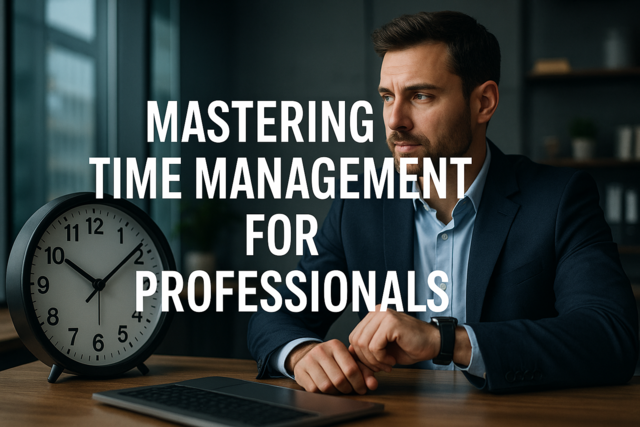 7 hours
0.7 CEUs
Mastering Time Management for Professionals
+ More Info
7 hours
0.7 CEUs
Mastering Time Management for Professionals
+ More Info
-
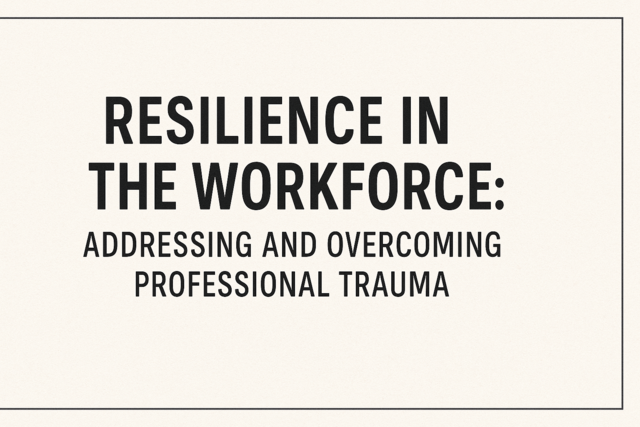 4 hours
0.4 CEUs
Resilience in the Workforce: Addressing and Overcoming Professional Trauma
+ More Info
4 hours
0.4 CEUs
Resilience in the Workforce: Addressing and Overcoming Professional Trauma
+ More Info
-
 4 hours
0.4 CEUs
Basic Household Maintenance Skills
+ More Info
4 hours
0.4 CEUs
Basic Household Maintenance Skills
+ More Info
-
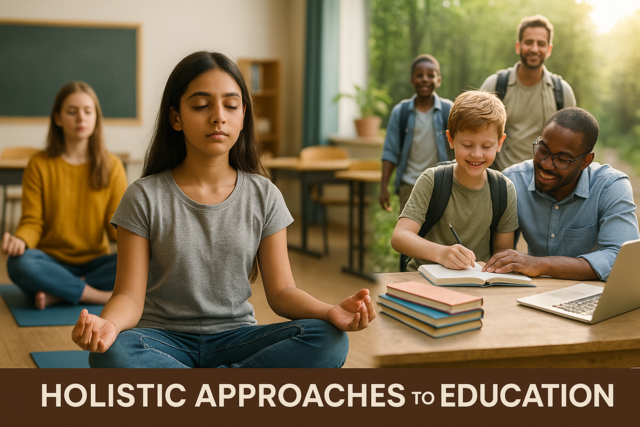 3 hours
0.3 CEUs
Holistic Approaches to Education
+ More Info
3 hours
0.3 CEUs
Holistic Approaches to Education
+ More Info
-
 5 hours
0.5 CEUs
Cosmic Anomalies: Unraveling Unsolved Astronomical Phenomenon
+ More Info
5 hours
0.5 CEUs
Cosmic Anomalies: Unraveling Unsolved Astronomical Phenomenon
+ More Info
-
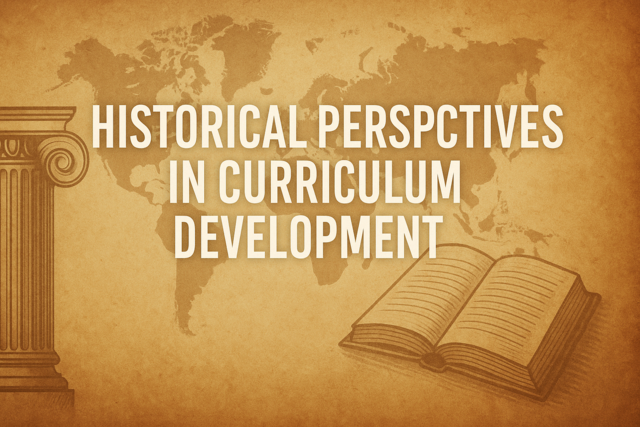 3 hours
0.3 CEUs
Historical Perspectives in Curriculum Development
+ More Info
3 hours
0.3 CEUs
Historical Perspectives in Curriculum Development
+ More Info
-
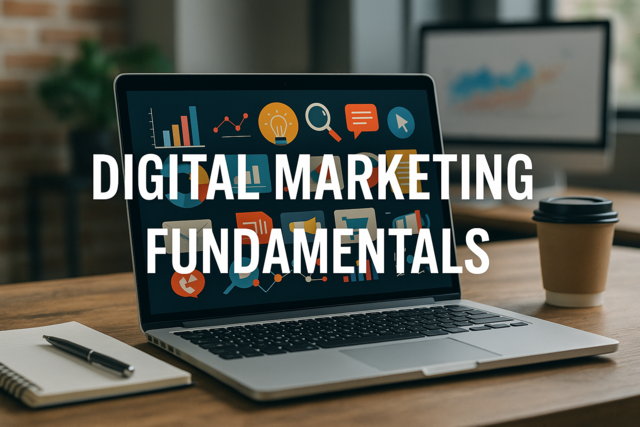 6 hours
0.6 CEUs
Digital Marketing Fundamentals
+ More Info
6 hours
0.6 CEUs
Digital Marketing Fundamentals
+ More Info
-
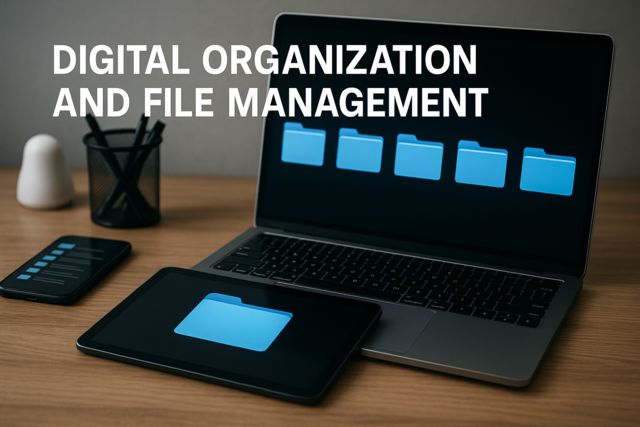 3 hours
0.3 CEUs
Digital Organization and File Management
+ More Info
3 hours
0.3 CEUs
Digital Organization and File Management
+ More Info
-
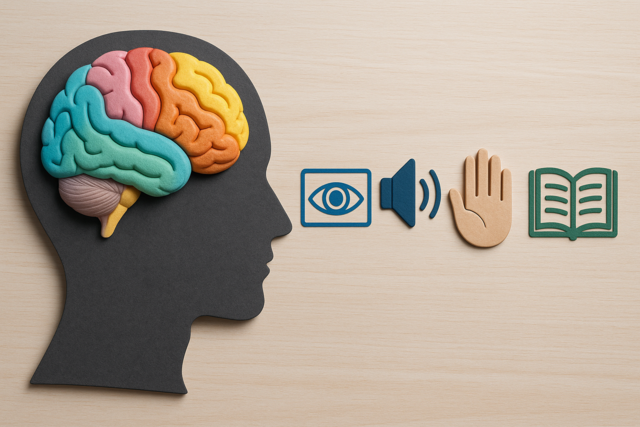 7 hours
0.7 CEUs
Understanding Learning Styles and Preferences
+ More Info
7 hours
0.7 CEUs
Understanding Learning Styles and Preferences
+ More Info
-
 5 hours
0.5 CEUs
Lunar Magic and Moon Phases
+ More Info
5 hours
0.5 CEUs
Lunar Magic and Moon Phases
+ More Info
-
 6 hours
0.6 CEUs
Developing Strategic Thinking Skills
+ More Info
6 hours
0.6 CEUs
Developing Strategic Thinking Skills
+ More Info
-
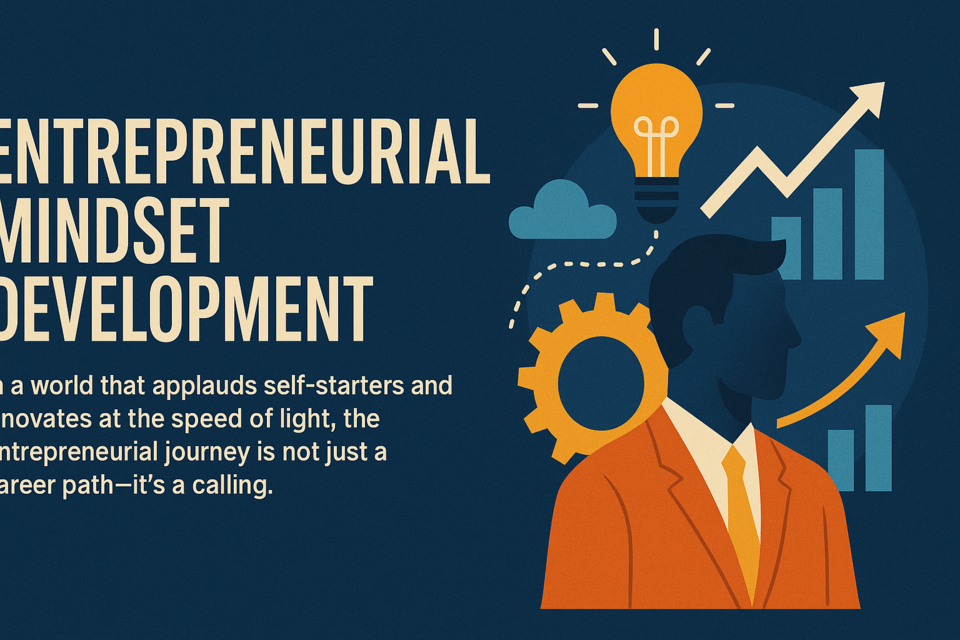 7 hours
0.7 CEUs
Entrepreneurial Mindset Development
+ More Info
7 hours
0.7 CEUs
Entrepreneurial Mindset Development
+ More Info
-
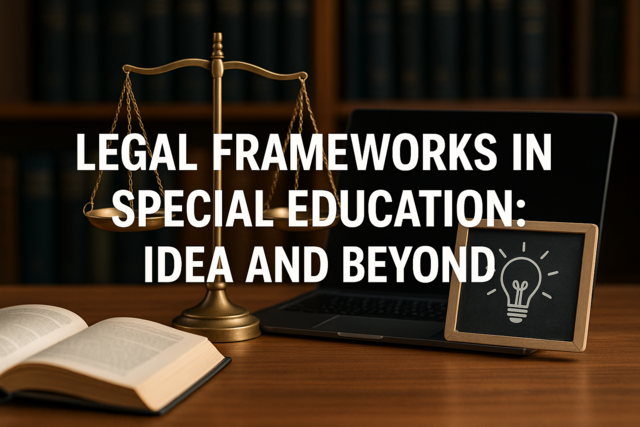 7 hours
0.7 CEUs
Legal Frameworks in Special Education: IDEA and Beyond
+ More Info
7 hours
0.7 CEUs
Legal Frameworks in Special Education: IDEA and Beyond
+ More Info
-
 6 hours
0.6 CEUs
Introduction to Data Analytics
+ More Info
6 hours
0.6 CEUs
Introduction to Data Analytics
+ More Info
-
 6 hours
0.6 CEUs
The Vogue of Now: An Insight into Modern Fashion Trends
+ More Info
6 hours
0.6 CEUs
The Vogue of Now: An Insight into Modern Fashion Trends
+ More Info
-
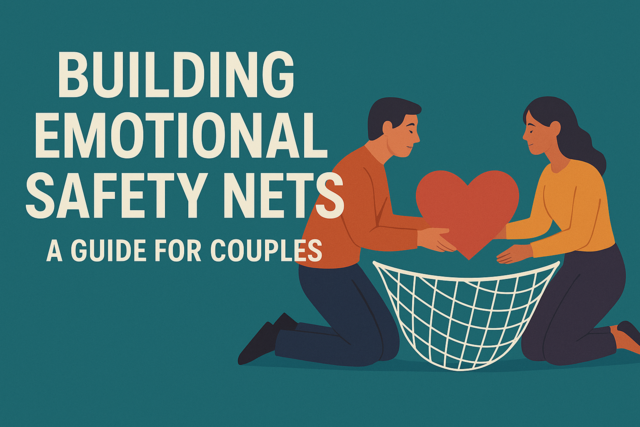 5 hours
0.5 CEUs
Building Emotional Safety Nets: A Guide for Couples
+ More Info
5 hours
0.5 CEUs
Building Emotional Safety Nets: A Guide for Couples
+ More Info
-
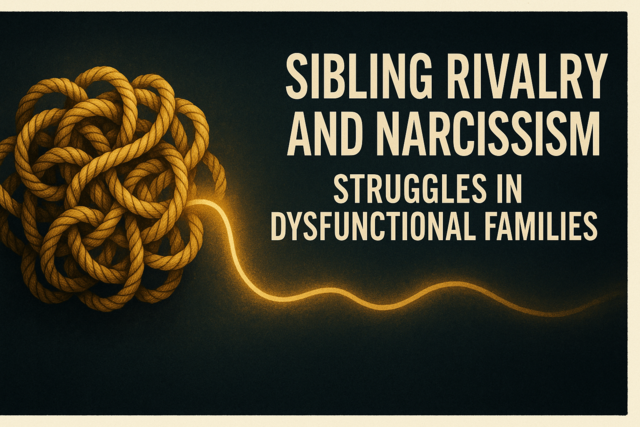 6 hours
0.6 CEUs
Sibling Rivalry and Narcissism: Struggles in Dysfunctional Families
+ More Info
6 hours
0.6 CEUs
Sibling Rivalry and Narcissism: Struggles in Dysfunctional Families
+ More Info
-
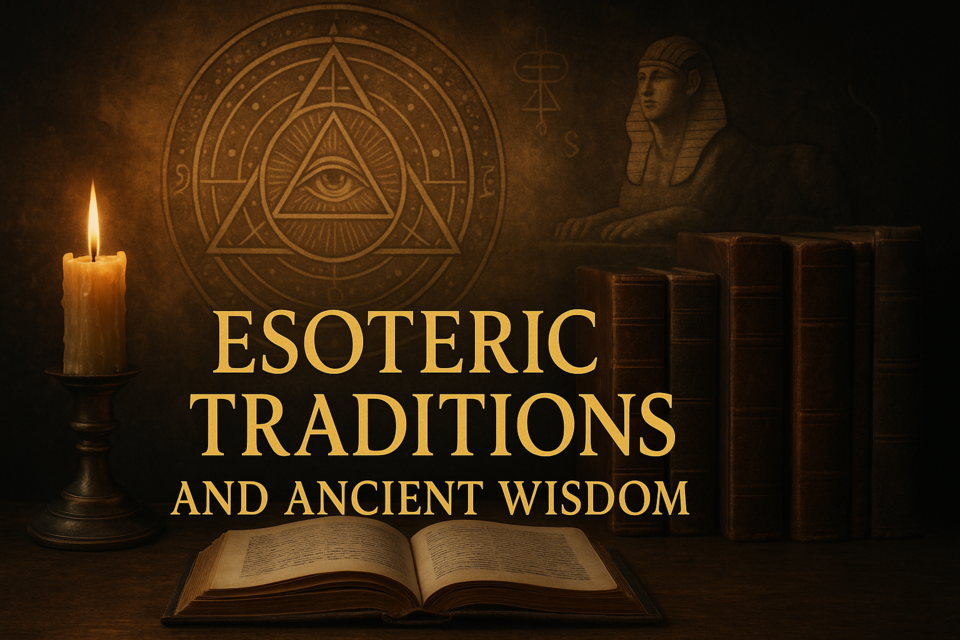 4 hours
0.4 CEUs
Esoteric Traditions and Ancient Wisdom
+ More Info
4 hours
0.4 CEUs
Esoteric Traditions and Ancient Wisdom
+ More Info
-
 5 hours
0.5 CEUs
Personal Hygiene and Grooming Essentials
+ More Info
5 hours
0.5 CEUs
Personal Hygiene and Grooming Essentials
+ More Info
-
 3 hours
0.3 CEUs
Managing Personal Finances
+ More Info
3 hours
0.3 CEUs
Managing Personal Finances
+ More Info
-
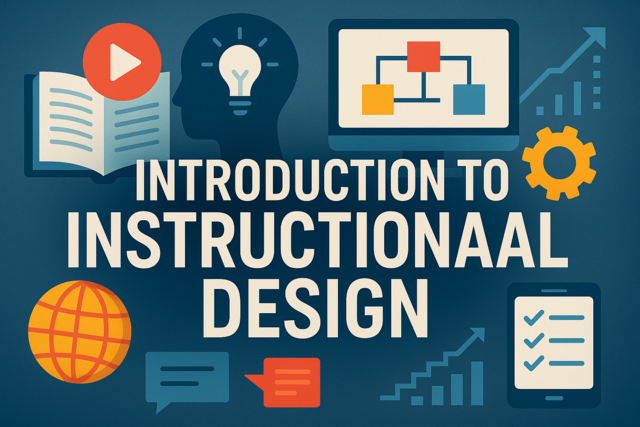 7 hours
0.7 CEUs
Introduction to Instructional Design
+ More Info
7 hours
0.7 CEUs
Introduction to Instructional Design
+ More Info
-
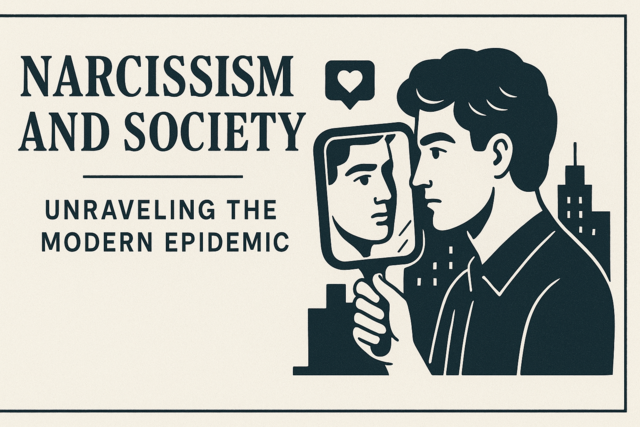 6 hours
0.6 CEUs
Narcissism and Society: Unraveling the Modern Epidemic
+ More Info
6 hours
0.6 CEUs
Narcissism and Society: Unraveling the Modern Epidemic
+ More Info
-
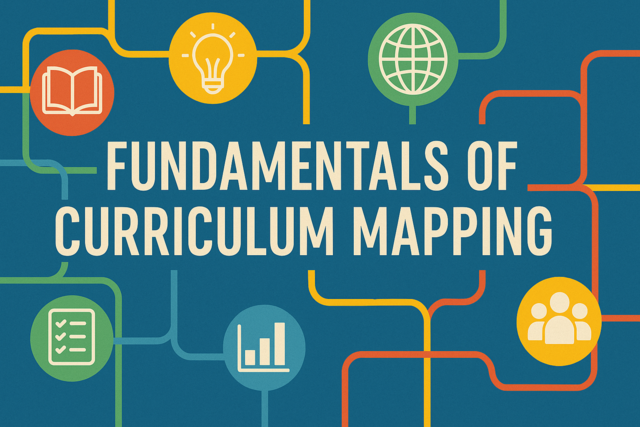 5 hours
0.5 CEUs
Fundamentals of Curriculum Mapping
+ More Info
5 hours
0.5 CEUs
Fundamentals of Curriculum Mapping
+ More Info
-
 6 hours
0.6 CEUs
Building an Effective Personal Brand
+ More Info
6 hours
0.6 CEUs
Building an Effective Personal Brand
+ More Info
-
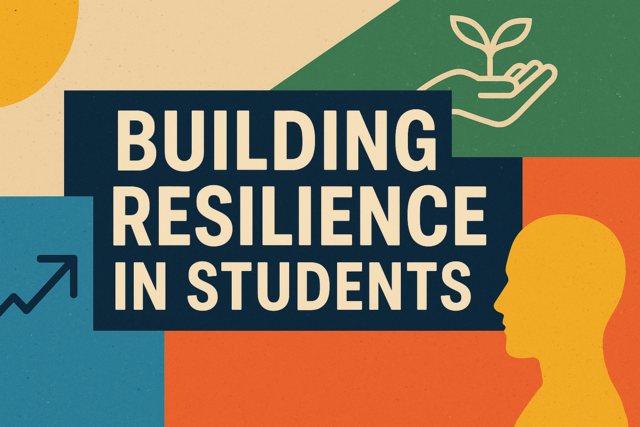 3 hours
0.3 CEUs
Building Resilience in Students
+ More Info
3 hours
0.3 CEUs
Building Resilience in Students
+ More Info
-
 6 hours
0.6 CEUs
The Art of Dressing: Mastering High-End Menswear
+ More Info
6 hours
0.6 CEUs
The Art of Dressing: Mastering High-End Menswear
+ More Info
-
 7 hours
0.7 CEUs
Harmony at Home: Techniques for Peaceful Coexistence
+ More Info
7 hours
0.7 CEUs
Harmony at Home: Techniques for Peaceful Coexistence
+ More Info
-
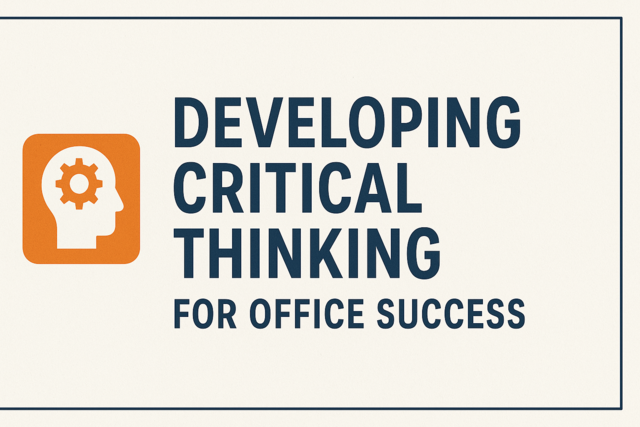 4 hours
0.4 CEUs
Developing Critical Thinking for Office Success
+ More Info
4 hours
0.4 CEUs
Developing Critical Thinking for Office Success
+ More Info
-
 3 hours
0.3 CEUs
Beyond the Veil: Mysteries of Life After Death
+ More Info
3 hours
0.3 CEUs
Beyond the Veil: Mysteries of Life After Death
+ More Info
-
 4 hours
0.4 CEUs
Design Dynamics: The Rise of Contemporary Luxury Designers
+ More Info
4 hours
0.4 CEUs
Design Dynamics: The Rise of Contemporary Luxury Designers
+ More Info
-
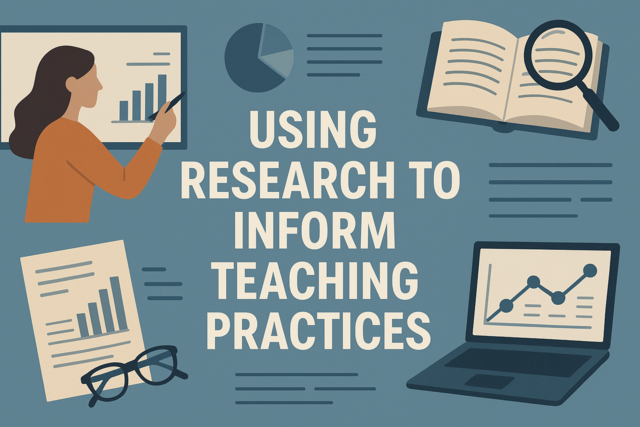 5 hours
0.5 CEUs
Using Research to Inform Teaching Practices
+ More Info
5 hours
0.5 CEUs
Using Research to Inform Teaching Practices
+ More Info
-
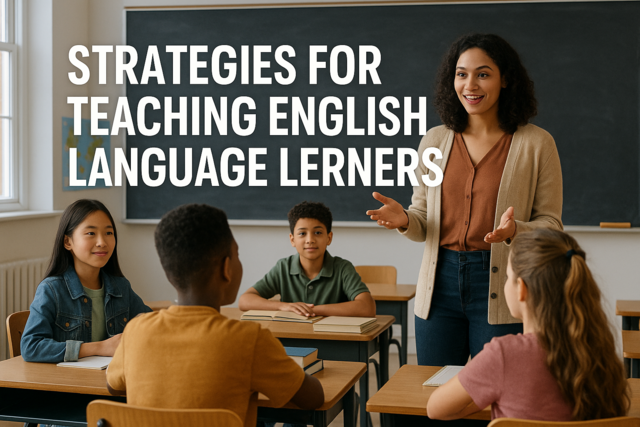 4 hours
0.4 CEUs
Strategies for Teaching English Language Learners
+ More Info
4 hours
0.4 CEUs
Strategies for Teaching English Language Learners
+ More Info
-
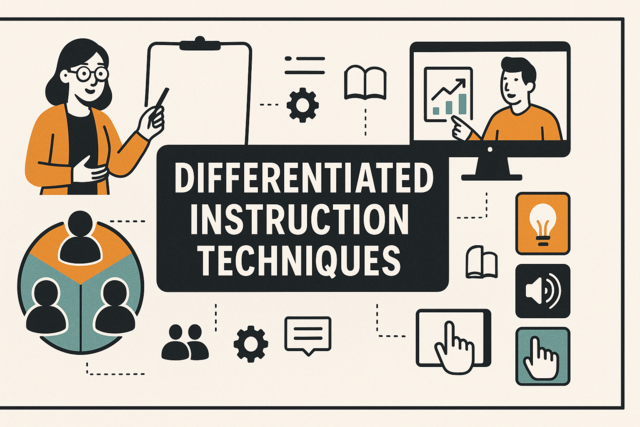 6 hours
0.6 CEUs
Differentiated Instruction Techniques
+ More Info
6 hours
0.6 CEUs
Differentiated Instruction Techniques
+ More Info
-
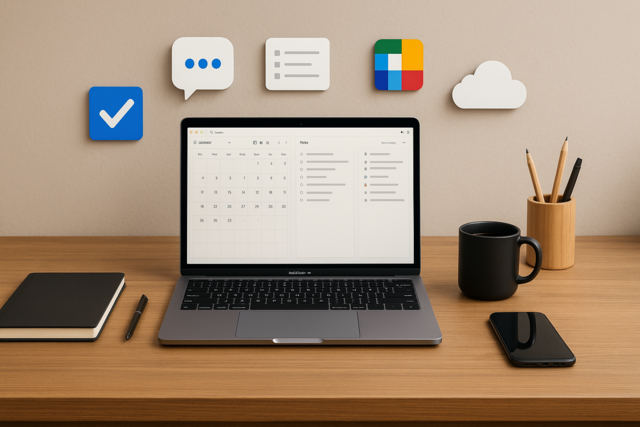 6 hours
0.6 CEUs
Productivity Tools for Modern Professionals
+ More Info
6 hours
0.6 CEUs
Productivity Tools for Modern Professionals
+ More Info
-
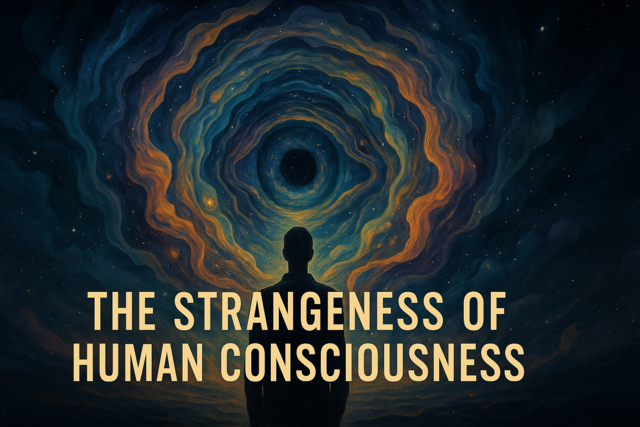 5 hours
0.5 CEUs
The Strangeness of Human Consciousness
+ More Info
5 hours
0.5 CEUs
The Strangeness of Human Consciousness
+ More Info
-
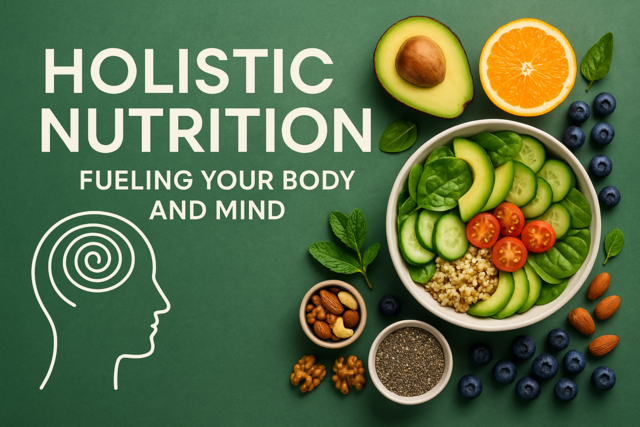 6 hours
0.6 CEUs
Holistic Nutrition: Fueling Your Body and Mind
+ More Info
6 hours
0.6 CEUs
Holistic Nutrition: Fueling Your Body and Mind
+ More Info
-
 7 hours
0.7 CEUs
Stress Less: Mindful Techniques for Family Harmony
+ More Info
7 hours
0.7 CEUs
Stress Less: Mindful Techniques for Family Harmony
+ More Info
-
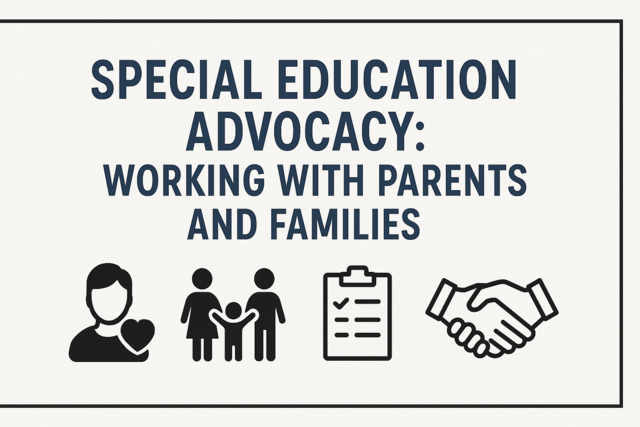 3 hours
0.3 CEUs
Special Education Advocacy: Working with Parents and Families
+ More Info
3 hours
0.3 CEUs
Special Education Advocacy: Working with Parents and Families
+ More Info
-
 7 hours
0.7 CEUs
Building Patience and Tolerance
+ More Info
7 hours
0.7 CEUs
Building Patience and Tolerance
+ More Info
-
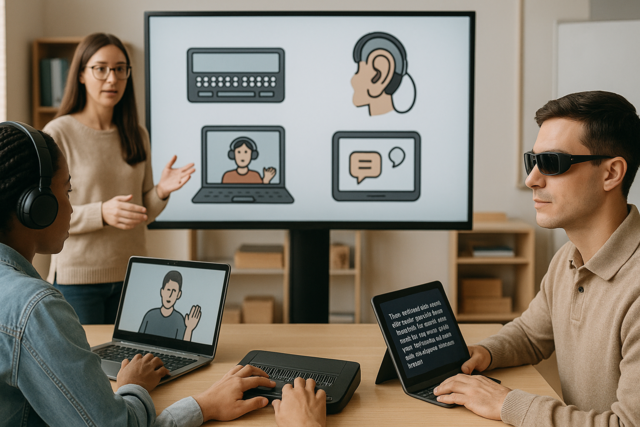 7 hours
0.7 CEUs
Assistive Technology for Vision and Hearing Impairments
+ More Info
7 hours
0.7 CEUs
Assistive Technology for Vision and Hearing Impairments
+ More Info


